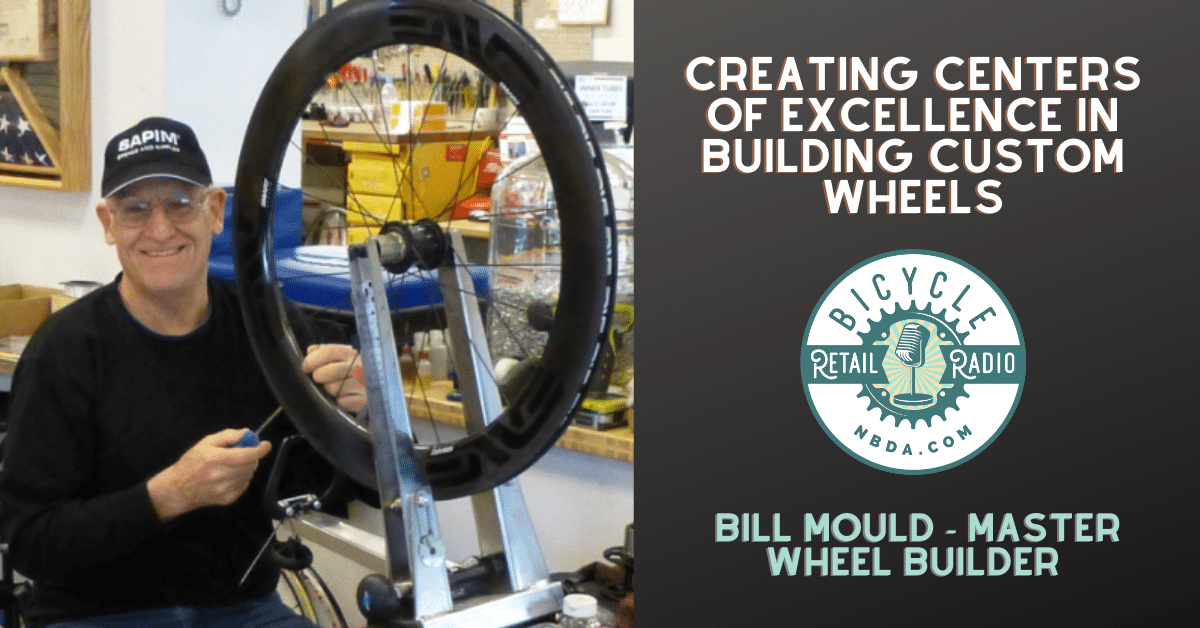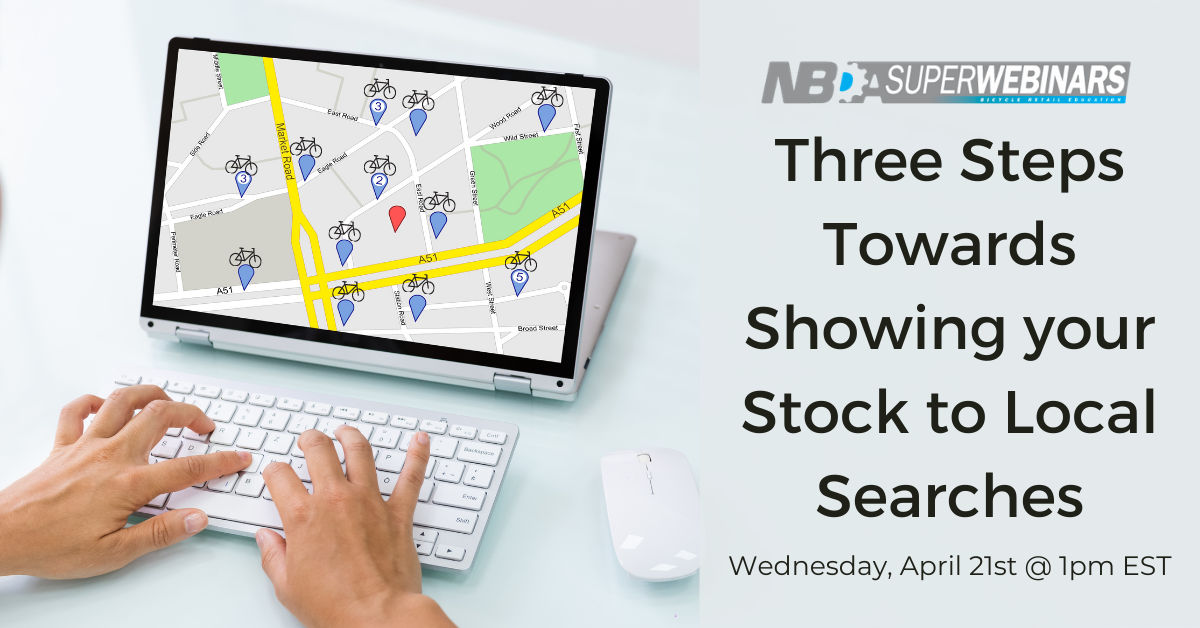Is Success as Simple as Following a Game plan?
Is being a success as a bicycle retailer as simple as following a proven gameplan, or “recipe for success”? Could it be that simple? If you think about it objectively, the answer is arguable, yes. Look at some major retailers who, over time, develop a tried and true formula, and leverage that to incredible heights. Several external factors can upend even the best-laid plans. Still, by merely following the basic rules, you will dramatically reduce your chances of failure and set yourself up for the best outcome.
Set Realistic Goals
The importance of setting and working towards goals is universal in the business world. Yet, many bicycle retailers who are struggling will have no defined goals other than getting the day’s repairs done and helping the next customer through the door. Without goals, you are similar to the ship floating adrift in the sea rudderless and without power and ill end up wherever the winds and currents want you to go. Goals do not have to be aggressive or include things that don’t make sense for you and what you want your business to be, but they will keep you on track to be the store you wish to operate. Goal examples can run the gamut from wanting to open more stores, become profitable, or have less employee turnover. When a goal is identified, you can begin to develop the plan to reach it. Most businesses’ most basic goal revolves around top-line revenues, which is always the right place to start, but I would encourage you to step deeper into that and have revenues and profits be critical pieces to that goal.
Utilize All The Available Tools
At this point in history, the number of tools we have to run a business is mind-blowing. Retailers who are moving forward are always finding and implementing the use of these tools. Most will be related to the usage of your point of sales and finding ways to leverage the data that you are collecting and then acting on. The most successful retailers are making decisions based on data and using as many tools as possible to enhance the customer’s experience. Customer reward plans, targeted email marketing, online scheduling, and the ability to buy online and automated notifications of the repair completion or special order arrivals, are the hallmarks of a modern retailer. On the backend, the software is making it simple to get a snapshot of your business’s financial health at a moment’s notice and allows you the realtime ability to make decisions that will guide you towards profitability.
Understand That Data Is Critical To Decision Making
Many retailers still, unfortunately, make too many decisions based on their assumptions and preferences. Ordering based on personal assumptions happens for at least two reasons. The buyer doesn’t trust their data because they haven’t done a good enough job of gathering it carefully, and second, they have preconceived notions that the data may be at odds with, and personal feelings are hard to overcome.
Be Open To Changing Directions
I love hearing stories from retailers who have had to pivot at some point in their business’s evolution. Retailers that have been around for a few decades often look very different than when they started. The winds of change will undoubtedly blow at some point in a business’s life cycle, and the ability to recognize and act on those changes will be paramount to not only survive but also long-term success. Check out this article on pivoting in business to see if you fit any descriptions of when it is time to pivot.
Don’t Get Lost In The Minutiae.
Not “seeing the forest for the trees” is a severe issue for any retailers. Becoming so wrapped up in the day to day and minute to minute operations can have disastrous consequences. Being too busy is a simple fact of life for many smaller retailers that they will be called upon to wear every hat, but they need to recognize those times when they may need to address something even more significant than changing the next flat tire. Being too involved can apply to the retailer who has stepped too far into “working on their business” mindset, and hasn’t worked IN their business in quite some time. Be aware at all levels of your business, so you always have a clear view of what is happening.
For help becoming more profitable, check out the P2 Project, a peer to peer, networking group, that members overwhelmingly feel has improved their business, or for more information on the P2 Consult, program contact David@NBDA.com or P2 Consult.
 David DeKeyser and his wife Rebecca Cleveland owned and operated The Bike Hub in De Pere, Wisconsin, for nearly 18 years. In 2018, they sold the business and real estate to another retailer based in a nearby community. David now writes the Positive Spin series on Bicycle Retailer and Industry News and he writes articles for the NBDA’s blog, Outspokin’. David also provides business consulting through the NBDA’s P2 Consult Program.
David DeKeyser and his wife Rebecca Cleveland owned and operated The Bike Hub in De Pere, Wisconsin, for nearly 18 years. In 2018, they sold the business and real estate to another retailer based in a nearby community. David now writes the Positive Spin series on Bicycle Retailer and Industry News and he writes articles for the NBDA’s blog, Outspokin’. David also provides business consulting through the NBDA’s P2 Consult Program.
 The NBDA has been here since 1946, representing and empowering specialty bicycle dealers in the United States through education, communications, research, advocacy, member discount programs, and promotional opportunities. As shops are facing never-before-seen circumstances, these resources offer a lifeline. Together, we will weather this. We at the NBDA will not waver in our commitment to serving our members even during this challenging time—but we need your support.
The NBDA has been here since 1946, representing and empowering specialty bicycle dealers in the United States through education, communications, research, advocacy, member discount programs, and promotional opportunities. As shops are facing never-before-seen circumstances, these resources offer a lifeline. Together, we will weather this. We at the NBDA will not waver in our commitment to serving our members even during this challenging time—but we need your support.
Now is the time to become a member as we join together to make one another stronger. Whether you’re a retailer or an industry partner, your membership in the NBDA is one of the best investments you’ll make this year.
Learn more about the benefits of being a member and join now.









